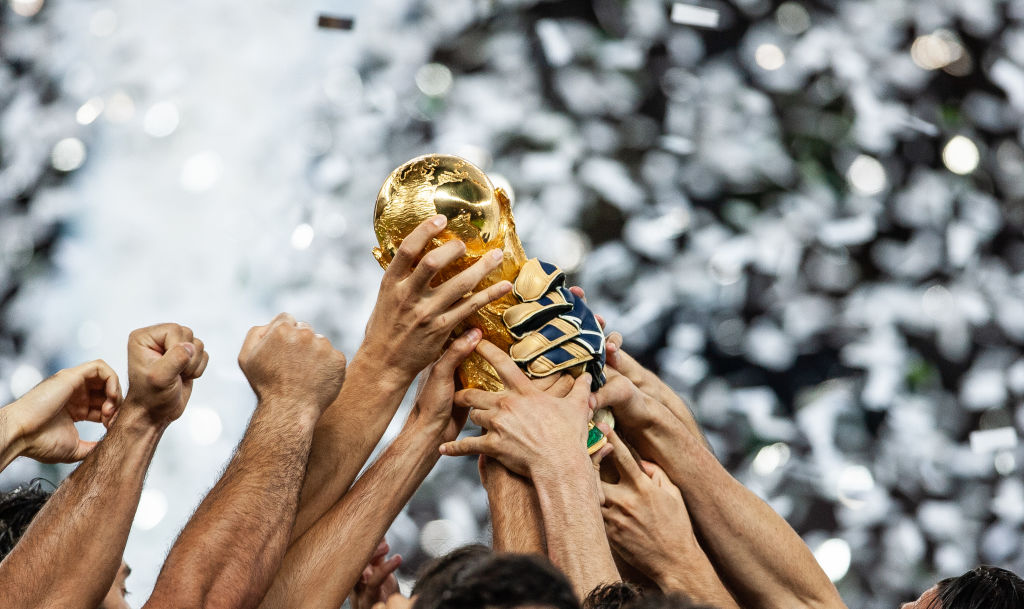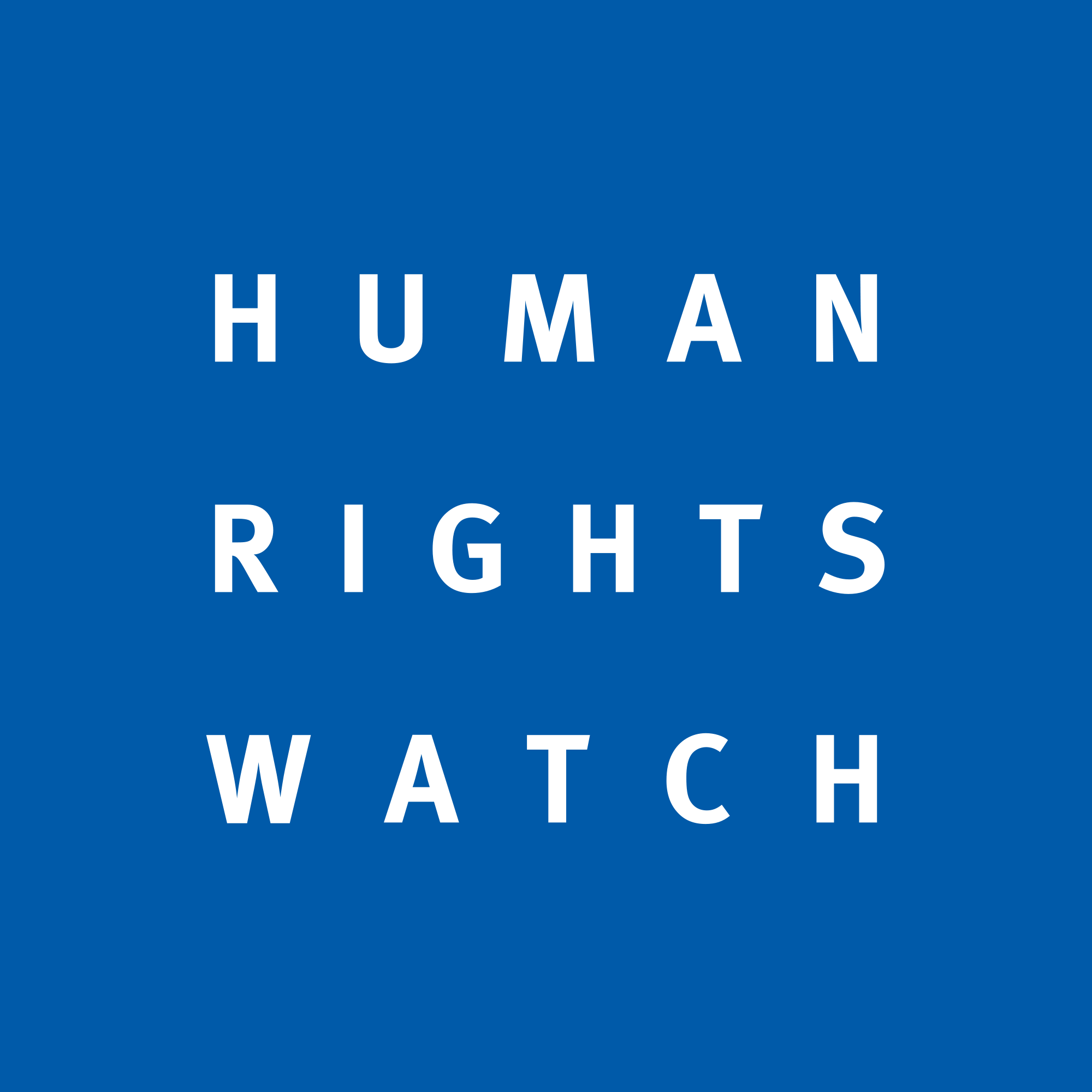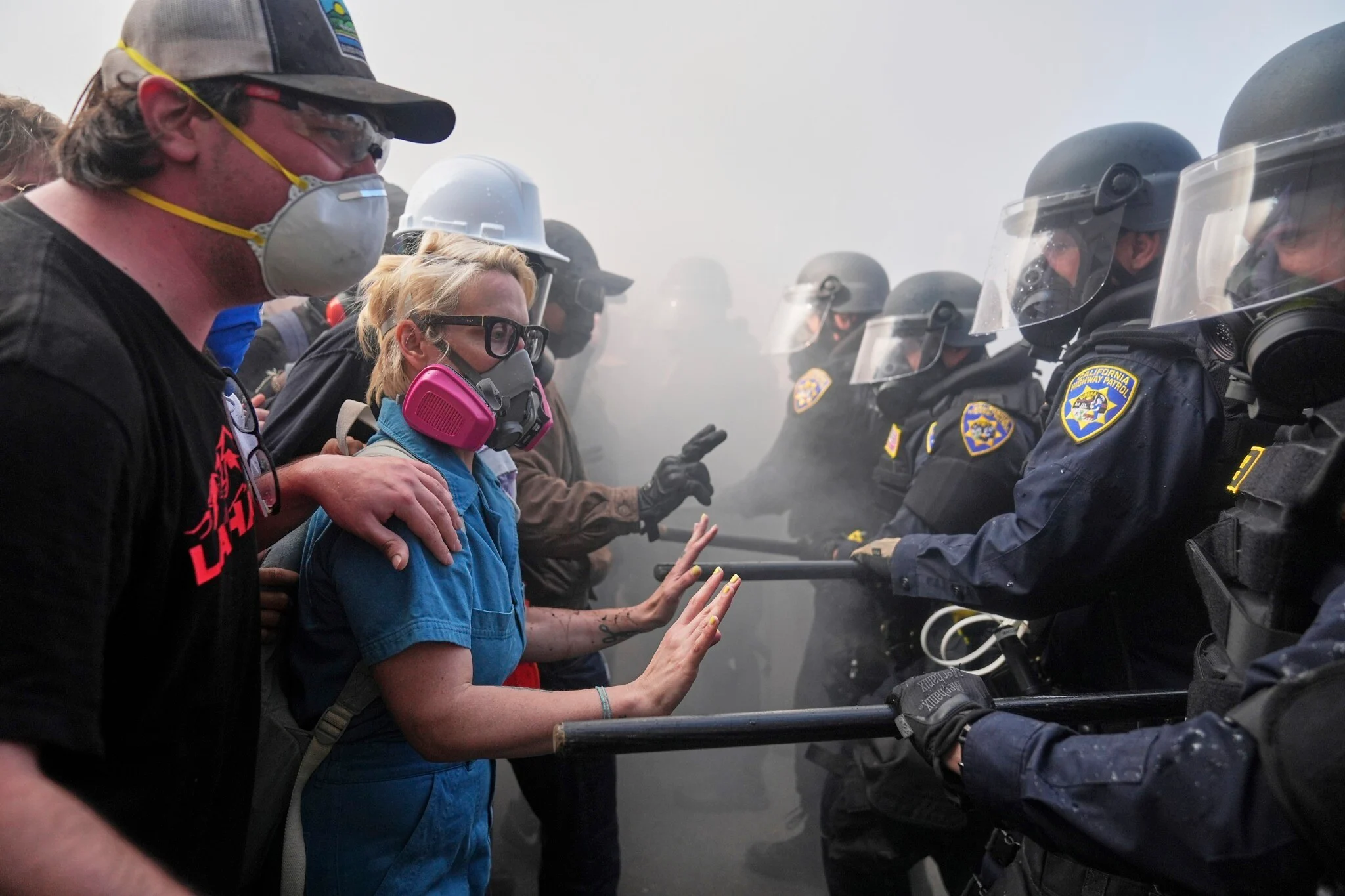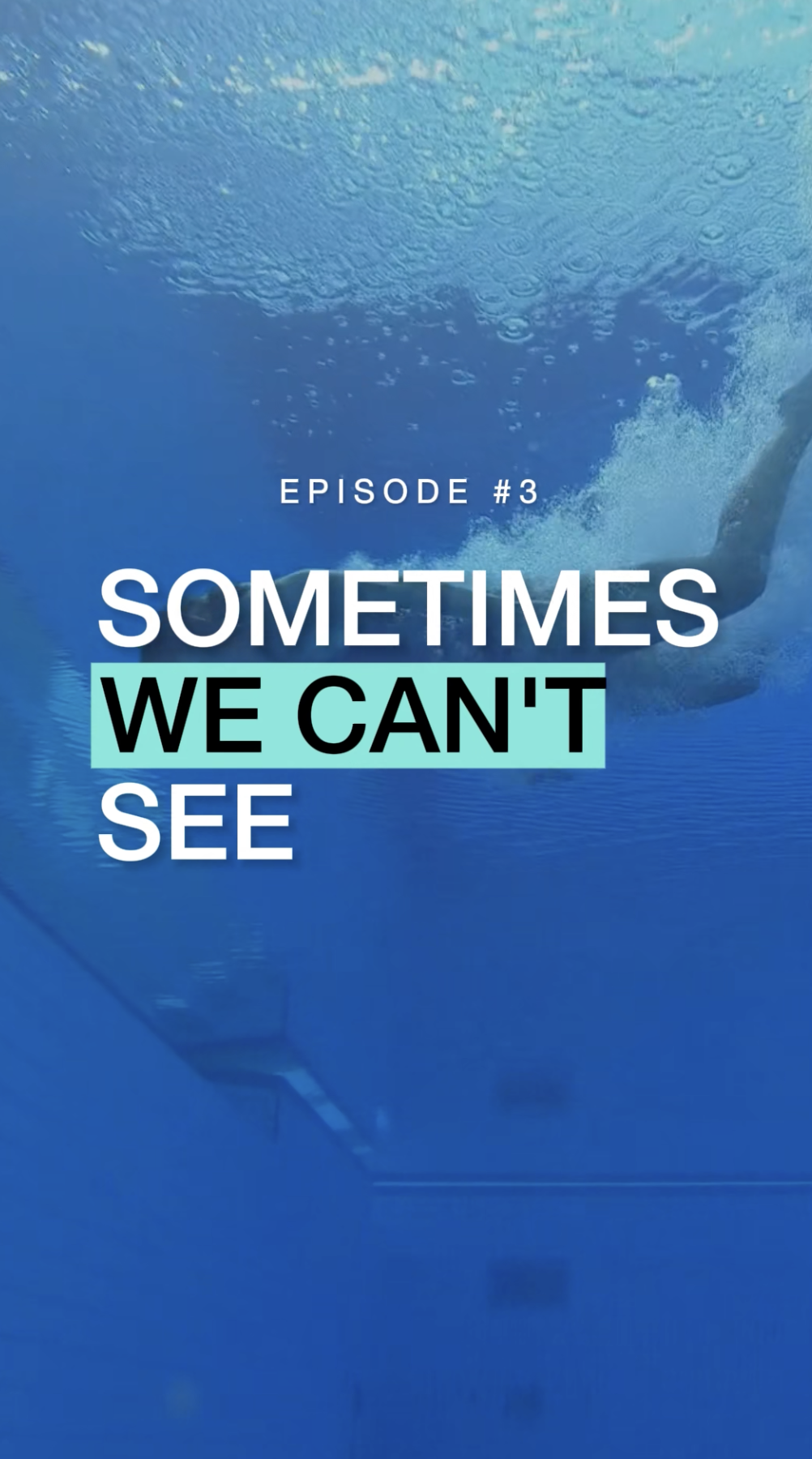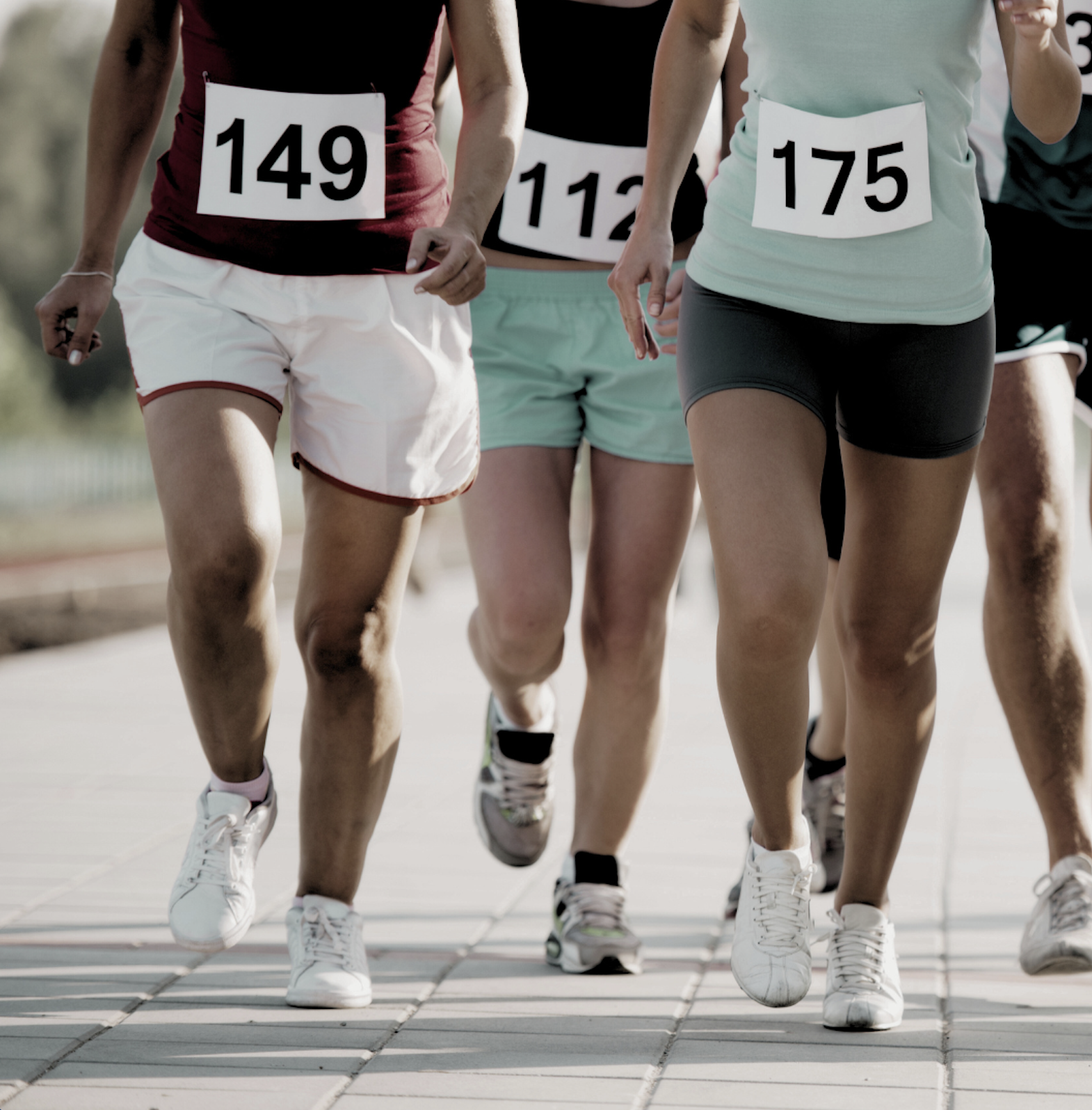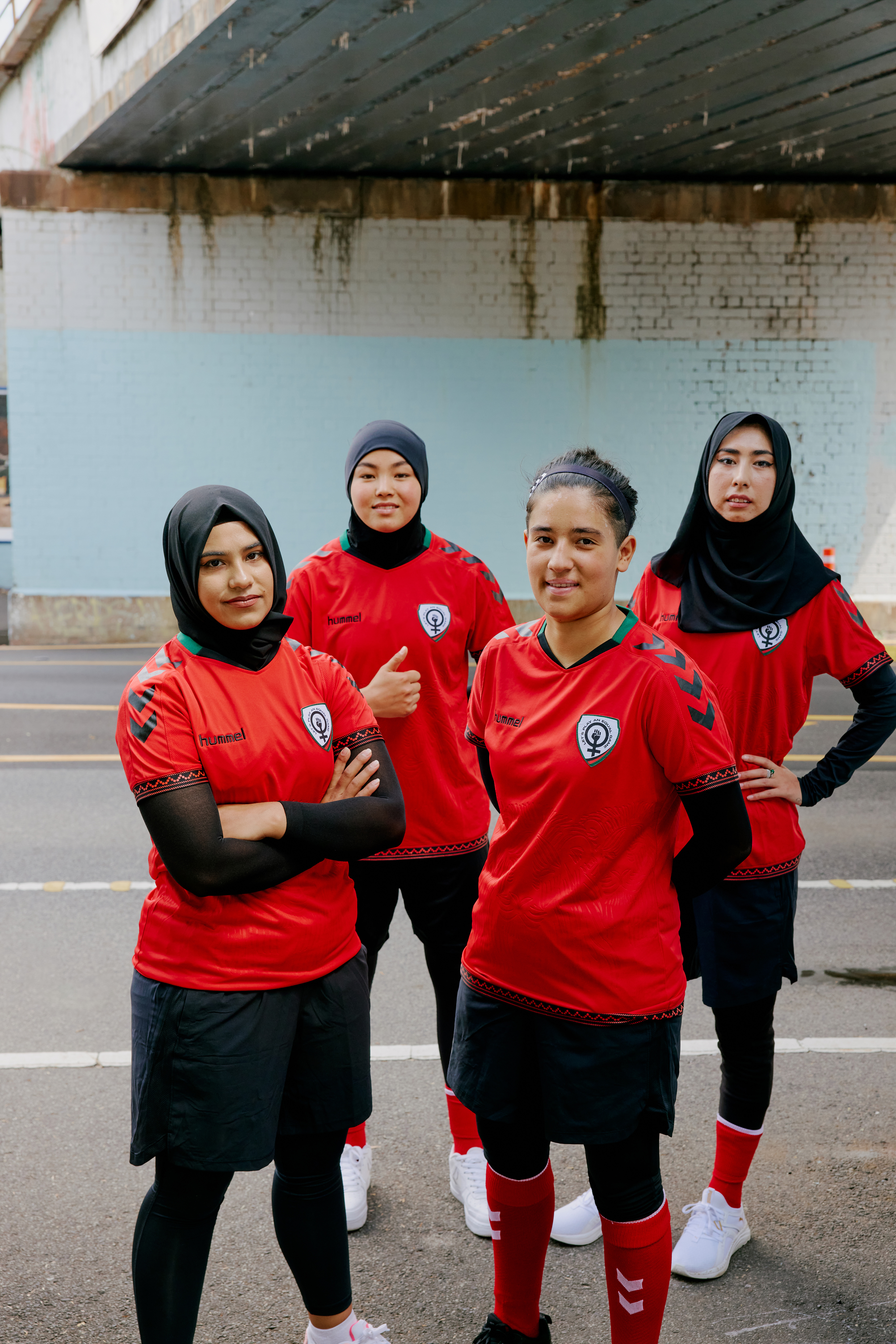Analysis shows Saudi Arabia has still failed to commit to fundamental reforms
Saudi Arabia has failed to meet FIFA’s own human rights requirements in its bid for the 2034 men’s World Cup, Amnesty International said today following the publication of its ‘Bid Book’ for the 48-team tournament. Key gaps also remain in plans for the 2030 World Cup to be held in Morocco, Portugal and Spain.
An analysis of the ‘Bid Books’ and tournament ‘Human Rights Plans’ published yesterday evening showed that Saudi Arabia has still failed to commit to fundamental reform of its exploitative labour system, or take any action to improve freedom of expression, end the repression of human rights activists or remove laws that discriminate against women and LGBTI people.
“FIFA set clear human rights standards that any bidding country must meet, yet it is clear that Saudi Arabia’s bid for the 2034 World Cup currently falls far short. The bid’s human rights plan simply ignores many of the enormous risks associated with hosting a mega sporting event in a country with such an atrocious human rights record,” said Steve Cockburn, Amnesty International’s Head of Labour Rights and Sport.
“Saudi Arabia’s World Cup human rights plan says nothing about the brutal muzzling of human rights activists or criminalization of LGBTI people, nor does it outline whether or how it will put an end in practice to the abusive Kafala system that exploits migrant workers. It is astonishing that such blatant risks can be so flagrantly ignored.
Without urgent action to improve Saudi Arabia’s human rights protections, it is highly likely that the 2034 World Cup will be blighted by forced labour, repression and discriminationSteve Cockburn, Amnesty International’s Head of Labour Rights and Sport
“Without urgent action to improve Saudi Arabia’s human rights protections, it is highly likely that the 2034 World Cup will be blighted by forced labour, repression and discrimination – with a brutal human cost. FIFA must now work with the Saudi authorities to obtain legally binding agreements to address the human rights risks in full before any final decision is made in December, or be prepared to walk away. The Saudi authorities should also demonstrate a commitment to human rights by releasing activists who have been imprisoned solely for expressing their opinion.”
An ‘independent human rights context analysis’, authored by law firm AS&H Clifford Chance to inform the bid, also made no mention of a wide range of human rights issues, including the prohibition on trade unions, clampdown on freedom of expression, widely documented practices of forced evictions or the criminalization of same-sex acts. No civil society organizations or rights-holders were consulted in preparation of the document, which received input only from governmental bodies.
2030 World Cup bid by Morocco, Portugal and Spain
A number of key human rights risks associated with hosting the 2030 FIFA World Cup in Morocco, Portugal and Spain also remain unaddressed. A report published by Amnesty International in June highlighted challenges related to enforcement of labour standards, discrimination, housing, policing and freedom of expression.
The human rights plans submitted for the 2030 tournament – developed without consultation with human rights organizations or fans representatives – so far fall short of providing detailed commitments about how many of these risks will be addressed. For example, while fans in all three countries have been subjected to excessive use of force by security forces – including the use of rubber bullets against crowds – there are no detailed plans about how such violations will be prevented.
There are also clear risks associated with the 2030 World Cup that must be tackled in Morocco, Portugal and SpainSteve Cockburn
“There are also clear risks associated with the 2030 World Cup that must be tackled in Morocco, Portugal and Spain – not least the excessive use of force by police against fans, the enforcement of labour standards and the risk of forced evictions. Much more specific plans are needed to ensure that the tournament meets international human rights standards, working closely with fans’ groups, players, trade unions and civil society organizations,” said Steve Cockburn.
“Awarding the 2030 tournament to Morocco, Portugal and Spain should also be used as a catalyst in the fight against racist, sexist and homophobic discrimination that has too often tarnished football in all three countries. This should include removing discriminatory legislation and working with affected groups on strategies to prevent harassment and promote inclusion.”
Background
In June, Amnesty International published a detailed report – Playing a Dangerous Game? – outlining the key human rights risks associated with the potential hosts of both the 2030 and 2034 FIFA World Cups, and comparing them to the human rights criteria laid out in FIFA’s own Bidding Regulations.
On 31 July, FIFA published the ‘Bid Books’ submitted by Morocco, Portugal and Spain for the 2030 World Cup and Saudi Arabia for the 2034 edition. The Bid Books were accompanied by human rights plans and ‘independent human rights context assessments’ that were supposed to highlight major risks.
According to FIFA’s own Bidding Regulations, outlined as “legally binding obligations”, bids must meet a wide range of international human rights standards in order to be accepted. These include standards on labour rights, discrimination, forced evictions, freedom of expression, policing and other issues.
FIFA will now evaluate the Bid Books in advance of an extraordinary FIFA Congress to be held on 11 December 2024, when a decision is set to be finalized.
All documents for the 2030 FIFA World Cup are available here.
All documents for the 2034 FIFA World Cup are available here.
